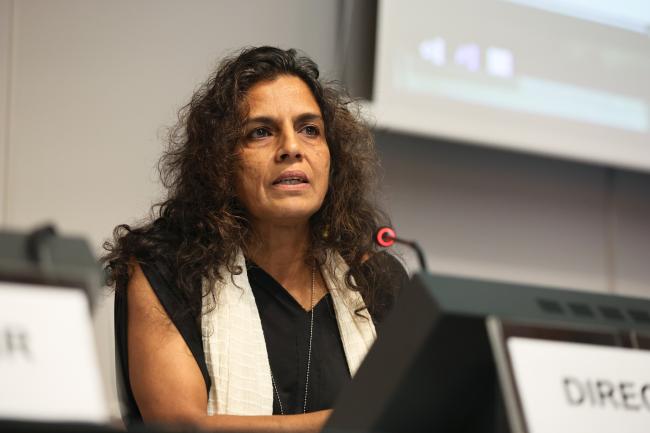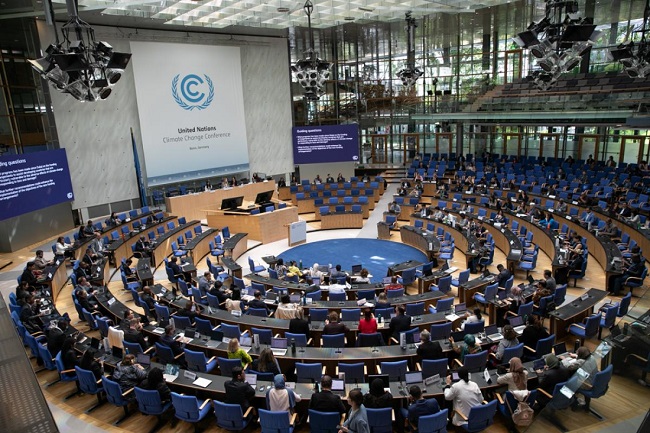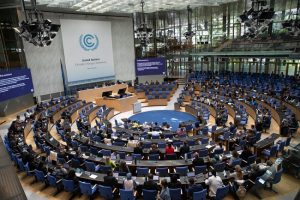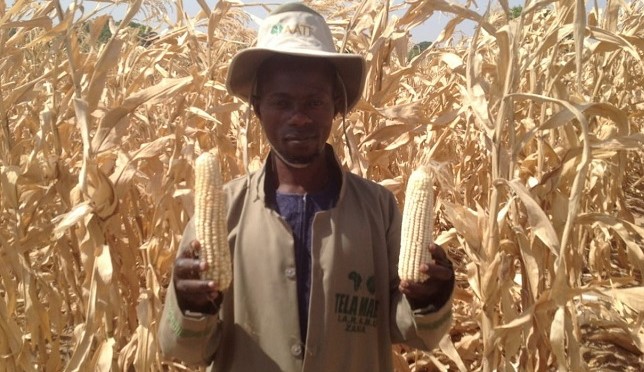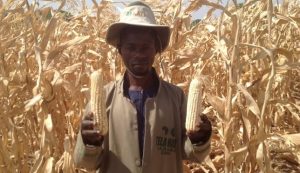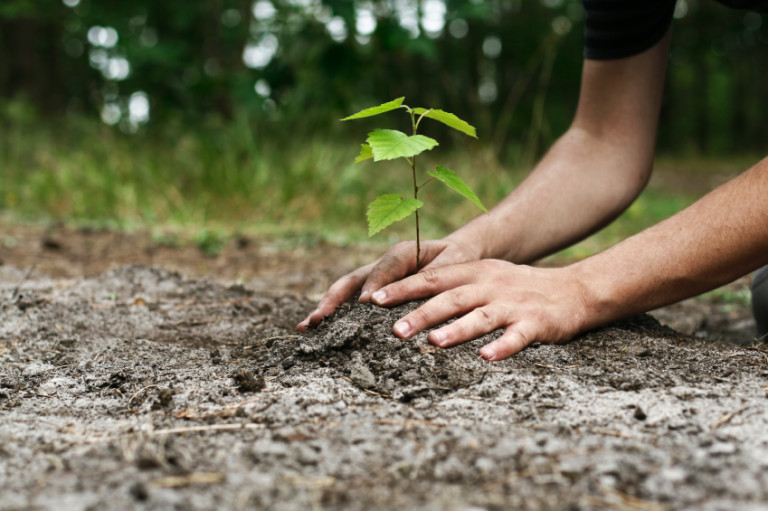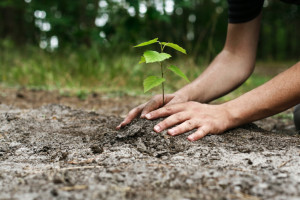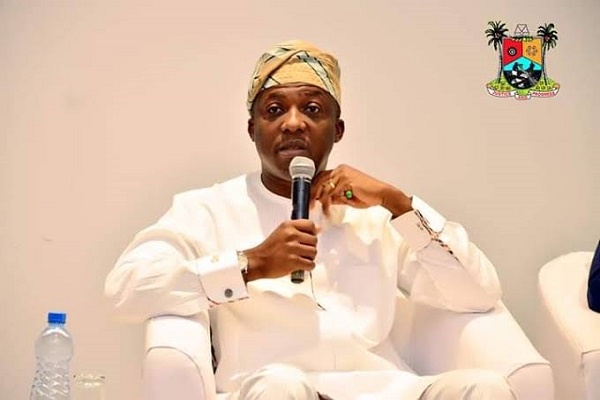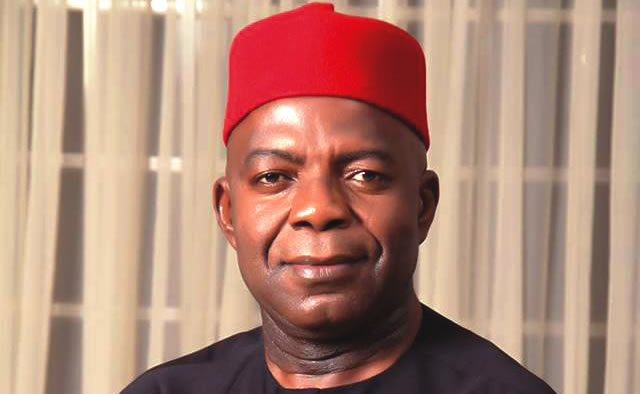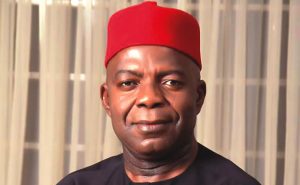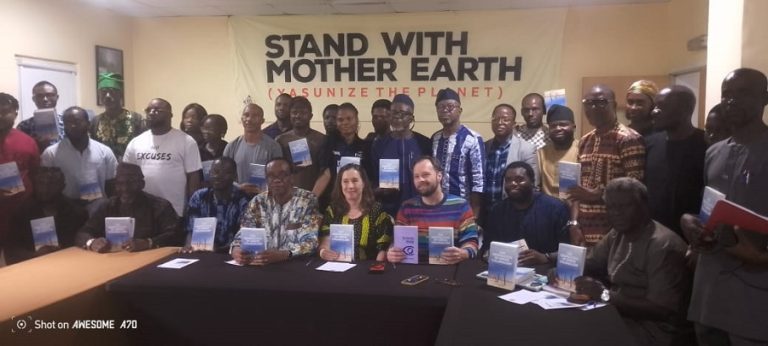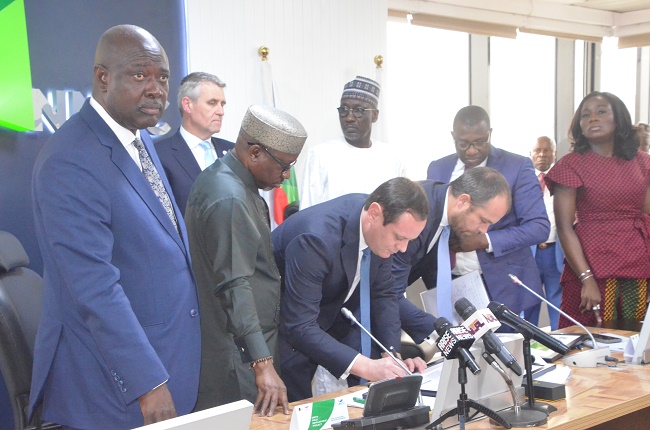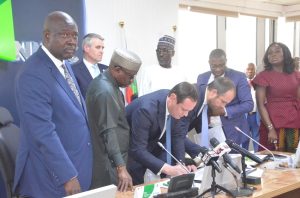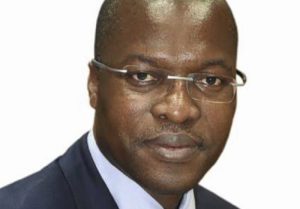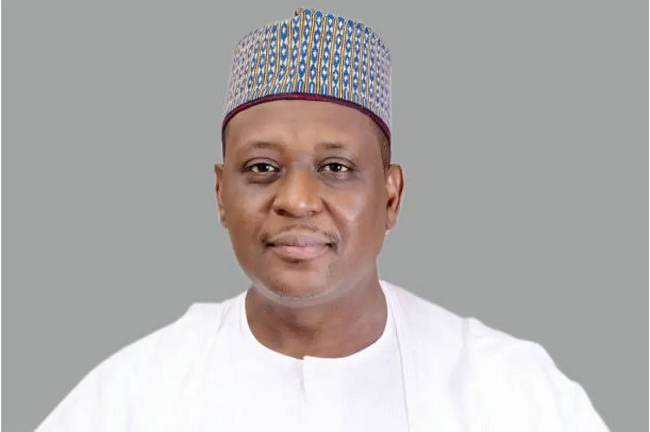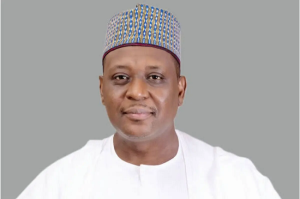Governments gathered in Geneva have advanced in the process to establish a science-policy panel on chemicals, waste and pollution prevention, agreeing to continue negotiations to further develop the proposal for this body, akin to the IPCC on climate change and the IPBES on biodiversity.
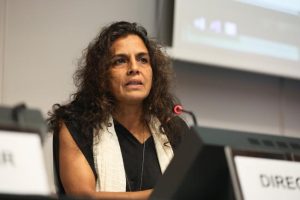
Negotiations were held last week during the third session of an ad hoc open-ended working group (OEWG) that was mandated by the UN Environment Assembly in 2022 (UNEA-5). Discussions will continue at a date to be defined, preceding the intergovernmental meeting expected to establish the panel.
The new panel will support governments and other stakeholders by providing science-based advice to review problems and issues of concern and co-create solutions with governments and other stakeholders for the sound managements of chemicals and waste to prevent pollution.
Pollution is estimated to be responsible for 9 million deaths a year globally, or one in six fatalities, as a result of challenges such as lead exposure, air pollution, antimicrobial resistance, and mismanagement of solid waste.
“A new science-policy panel is a critical step to securing a pollution-free world,” said Sheila Aggarwal-Khan, Director of the UN Environment Programme (UNEP) Industry and Economy Division. “A new panel will be able to work with governments, companies, farmers and many others on how we can better manage chemicals, reduce waste and prevent pollution. We look forward to working with countries to deliver this and tackle our waste and pollution crisis.”
From June 17 to 21, 2024, governments negotiated on the functions and operating principles of the panel and critical elements that enable its establishment, including its scope and objectives, composition and governance, and an Interdisciplinary Expert Committee to enable its utility and relevance to realities on the ground.
Members of UNEP’s Major Groups, representing civil society, children and youth, women, Indigenous Peoples, and industry, among others, joined the session and advocated for procedures to decide on their engagement with the panel and ensure its outcomes contribute to the development of scalable solutions to address their priority issues of concern.
Recognising the urgent need to strengthen the science-policy interface to support action on chemicals and waste and to prevent pollution, UNEA decided in March 2022 to set up a “science-policy panel to contribute further to the sound management of chemicals and waste and to prevent pollution.”
The OEWG, chaired by Ms. Gudi Alkemade of the Netherlands, was established by UNEP to prepare proposals for the science-policy panel. Previous sessions were held in 2022 and 2023 in Bangkok and Nairobi, respectively.
The final proposal by the OEWG will be considered by the intergovernmental meeting for the establishment of the science-policy panel to be convened by the Executive Director of UNEP in 2025.

